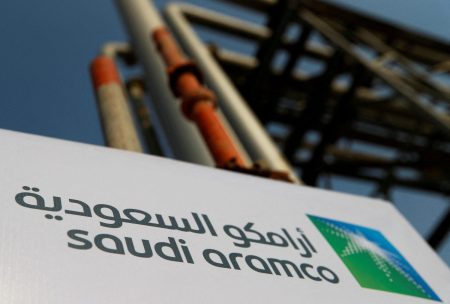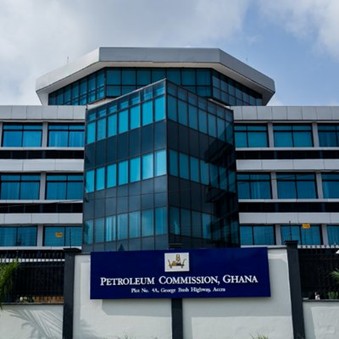BUJA – The Coalition of Civil Society Organizations for PIB Campaign, on Tuesday, charged the 7thNational Assembly to make the passage of the Petroleum Industry Bill, PIB, a major priority when it commences legislative work in the new dispensation.
The Coordinator of the coalition and Executive Director of Africa Network for Environment and Economic Justice, ANEEJ, Mr. David Ugolor, stated this yesterday in an interview with our correspondent Abuja.
Meanwhile, the group has lamented that while the nation foot-drags on the passage of the PIB “the Nigerian National Petroleum Corporation, NNPC, descends further into rot, heaping more cost and liabilities on the government side of petroleum business.
“It was no surprise, therefore, that the NNPC came lowest in the index released early this year by the international transparency watchdogs, Transparency International and Revenue Watch Institute, which rated the performance of 44 national and international energy companies around the world on disclosure and anti-corruption,” it added.
The Coalition therefore charged President Goodluck Jonathan to order the prompt release of the report of the comprehensive audit of the, NNPC.
It further called for the implementation of remedial measures identified in the Nigeria Extractive Industry Transparency Initiative, NEITI, oil and gas sector audit reports since 1999 to the last year.
He stated that, “The Coalition calls on the 7thNational Assembly to pass the PIB as its first legislative achievement.
“We maintain that the time is now to arrest the half-century long criminal hemorrhaging of the nation’s oil and gas wealth, which has seen over $500 billion loss in revenue that should otherwise have been invested in human development.”
According to him, the delay resulting from non-passage by last Assembly should be utilized as an opportunity to firm up the integrity of the PIB, particularly those provisions relating to making the fiscal regime more open, transparent and internationally competitive.
He added, “Equally important is removing the discretionary powers of the Minister, criminalizing rather than incentivizing gas flaring, giving communities real equity as opposed to cost-based handouts, and putting in place people-centred policies for the downstream sector.
“By so doing, the PIB can finally be passed in a form that is in the best interest of the Nigerian people.”
Ugolor stressed that the non-passage of the PIB has “created an environment of uncertainty for new investments by the International Oil Companies (IOCs), which has resulted in loss of potential revenue in royalties by the government.
“It has also frustrated the building of local industry capacity as envisaged under the new Local Content regime as envisaged by the bill,” he added.
By not passing the PIB, he said, the past National Assembly “missed the one clear opportunity to demonstrate political will to put in place long-overdue reforms in the oil and gas sectors, a move which will put paid to the lack of transparency and accountability, weak institutions and other ills that have overrun the petroleum industry in the country.”
He added, “Nigeria’s civil society broadly supported the PIB process and earnestly struggled for its passage by the 6thNational Assembly out of informed conviction on its potential to halt the nation’s ‘resource curse’ and enact a new beginning in the governance of oil and gas wealth in the country.
Follow us on twitter



